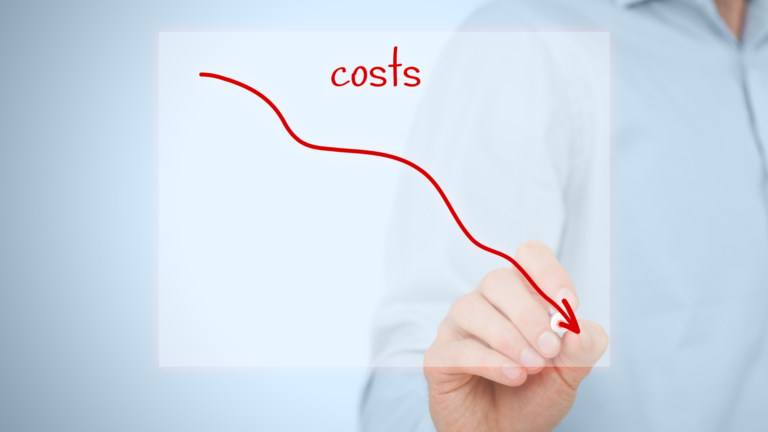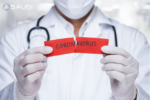INTERVIEW WITH DR. MARCELO KAUSS
Doctor with more than 20 years of experience in medical auditing, table analysis, negotiation with providers and team management, focused on optimizing costs in Supplementary Health. Full knowledge of the care standards dictated by the Regulatory Agency (Minimum List of Procedures, etc.), as well as the analysis of their risks. Management of high-cost procedures.
Solid career as a Manager in Healthcare Operators, working in the Administrative, Auditing and Consulting areas in large and medium-sized operators.
Experience in managing high-performance teams, negotiation, hospital tables, costs and legislation in the area of Supplementary Health.
1 – Tell us a summary of your professional career.
Medical Professional, graduated 36 years ago, specialized in Pulmonology, postgraduate degree in Medical Auditing and MBA in Health Management from FGV.
I started as a medical auditor 26 years ago, having evolved to Medical Audit Coordinator, later to Medical Audit Manager, High Cost Manager and Medical Accounts Manager, all at Unimed Leste Fluminense, over a period of 20 years. I currently work as Operations and Network Relationship Manager at Golden Cross.
2 – What was your problem before you met Saudi?
The extensive manual work involved in analyzing a medical bill, which generated a large demand for time, in addition to analysis errors, which led to undue payments. Reworks with glosses and their replacements and discounts, with great wear and tear on providers. Confusing and bureaucratized processes, focusing only on the hospital bill.
3 – How did you meet Saudi and why did you decide to give a vote of confidence?
When I was an Audit manager, I was introduced to SAUDI and the project seemed very interesting and would lead us to solve several of our problems at that time. It would be a paradigm shift in the region.
4 – Tell us a little about the difficulties you had when starting to use SAUDI
The change in processes and the change in paradigms that are so ingrained, both in the provider and in the professionals.
5 – What were the results and transformation that the product brought to your routine at the operator?
We gained in task execution time, improved hospital bill analysis, reduced administrative and accident costs in a more fluid and clear process, with the assurance that the contract was being fulfilled.
6 – What happened at the operator after obtaining the results through Saudi, that you never imagined would be possible?
With the gains obtained and demonstrated, we expanded the use of the tool to analyze medical fees and procedures in SADT.
7 – After implementing SAUDI, which processes became easier within the operator?
Receiving and analyzing accounts, automating processes, reducing disallowances, improving the relationship with the provider network.
8 – How long did it take to notice cost control and reduction after implementing SAUDI?
The initial response is very quick, around three months there is already some type of gain, which increases from the moment there is better adaptation to the processes and new routines, both on the part of the professional and the provider.
9 – On average, how many percent did SAUDI help reduce your operator’s costs? What about medical disallowance processes?
We could estimate a drop of around 10% in medical and administrative costs.
Final question – Would you recommend SAUDI?
I would definitely recommend the tool.









